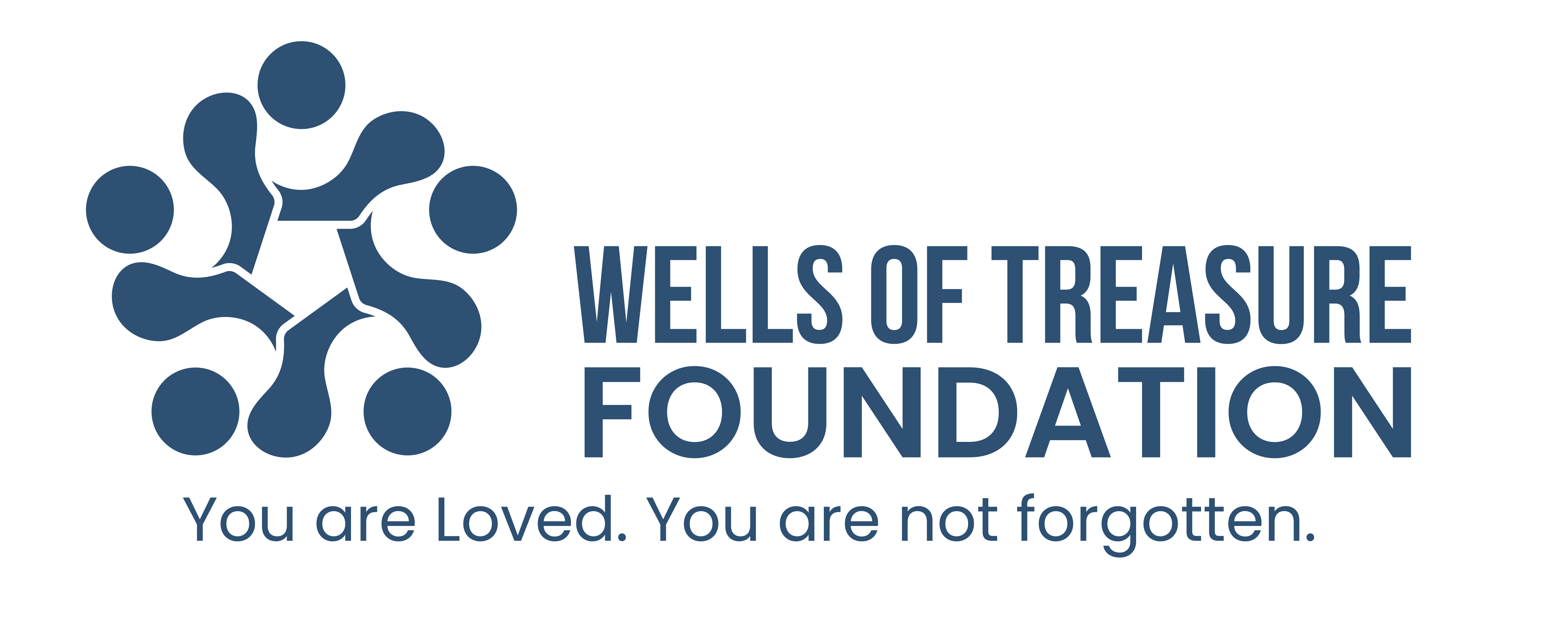Domestic Abuse affects millions worldwide and includes not just physical violence but also emotional, psychological, financial, and sexual abuse. It is a pervasive issue transcending age, gender, socioeconomic status, and culture. Raising awareness about domestic abuse is essential to breaking the cycle of violence, empowering victims, and fostering a society where abuse is not tolerated. By understanding the signs, effects, and ways to support those impacted, we can contribute to a culture of compassion and intervention that will break the silence and break the cycle of Abuse. Here are strategies that can help towards breaking the cycle of abuse:
1. Understanding Domestic Abuse
Domestic abuse encompasses a range of behaviors used to control, manipulate, or harm a partner. It’s not limited to physical violence—it includes emotional, psychological, financial, and sexual abuse. Abuse can occur in any type of relationship, whether romantic, familial, or between caregivers and dependents.
- Physical Abuse: Hitting, choking, or inflicting physical harm.
- Emotional and Psychological Abuse: Manipulation, intimidation, belittling, or gaslighting.
- Financial Abuse: Controlling a partner’s access to money or resources to exert power.
- Sexual Abuse: Forcing or coercing someone into unwanted sexual acts.
Abusers use these tactics to gain and maintain control, often isolating their victims from support systems, making it difficult for them to leave or seek help.
2. Recognizing the Signs of Abuse
Domestic abuse often remains hidden due to shame, fear, or manipulation by the abuser. Knowing the signs is crucial for recognizing abuse, whether in your own life or in the lives of others:
- Unexplained injuries or frequent accidents
- Sudden withdrawal from family, friends, or social activities
- Fear of a partner or excessive anxiety about pleasing them
- Constantly checking in with or receiving calls from the partner
- Sudden financial struggles despite steady income
- Changes in personality, including increased anxiety, depression, or low self-esteem
Abuse doesn’t always manifest in visible signs. Emotional abuse, for example, can erode a person’s confidence and sense of self over time, making it hard to identify without awareness.
3. The Impact of Domestic Abuse
The effects of domestic abuse are profound and long-lasting. Victims of abuse often experience:
- Mental Health Issues: Anxiety, depression, PTSD, and feelings of worthlessness are common among survivors.
- Physical Health Issues: Injuries from physical abuse, as well as chronic stress-related conditions like high blood pressure, headaches, or gastrointestinal issues.
- Impact on Children: Children who witness or experience abuse are at high risk for emotional and behavioral problems. They may struggle with trust, fear, and future relationships.
- Cycle of Abuse: Without intervention, domestic abuse can become a generational cycle. Children raised in abusive environments are more likely to become victims or abusers in adulthood.
4. Breaking the Silence
One of the most significant barriers to addressing domestic abuse is silence. Victims often feel isolated or trapped, fearing retaliation if they speak up. Raising awareness is critical to breaking this silence.
- Educate Yourself and Others: Awareness starts with education. Understanding what abuse looks like helps individuals recognize when they or someone they know may be in danger.
- Support Victims: If you suspect someone is experiencing abuse, offer your support without judgment. Let them know they are not alone and provide them with resources such as hotlines, shelters, and counseling services.
- Encourage Open Conversations: Domestic abuse should not be a taboo topic. Creating an environment where people feel safe discussing their experiences can help prevent future abuse and encourage others to seek help sooner.
5. How to Support Victims of Domestic Abuse
Supporting someone in an abusive relationship requires sensitivity and understanding. Here are ways you can help:
- Listen without Judgment: Believe them when they share their experience, and refrain from offering unsolicited advice. Validate their feelings and let them know they are not to blame.
- Offer Resources: Provide information on local shelters, hotlines, and counseling services. Organizations like the National Domestic Violence Hotline offer 24/7 support.
- Help with Safety Planning: If they are ready to leave, assist them in creating a plan for their safety, which may involve gathering important documents, securing a safe place to stay, and having an emergency contact list.
- Respect Their Decisions: Leaving an abusive relationship is a complex process that can take time. Respect their choices, even if they decide to stay, and continue to offer support without pressure.
6. The Role of Society in Domestic Abuse Prevention
Preventing domestic abuse is a societal responsibility. Communities, workplaces, schools, and governments all play a role in fostering environments where abuse is not tolerated.
- Public Awareness Campaigns: Governments and non-profits can run campaigns to educate the public about the signs of domestic abuse, how to intervene, and the resources available.
- Training for Professionals: Healthcare providers, teachers, law enforcement, and employers should be trained to recognize the signs of abuse and know how to respond effectively.
- Stronger Legal Protections: Governments must enforce laws that protect victims of abuse, provide restraining orders, and ensure that abusers are held accountable.
- Community Support Networks: Creating local support systems, including shelters, hotlines, and counseling services, ensures that victims have somewhere to turn when they need help.
Raising awareness about domestic abuse is critical for breaking the cycle of violence that affects individuals, families, and communities. By educating ourselves, supporting victims, and advocating for stronger protections, we can contribute to a world where abuse is no longer hidden or tolerated. It is only by shining a light on this issue that we can foster a culture of safety, compassion, and respect for all.
If you or someone you know is experiencing domestic abuse, reach out to a trusted friend, family member, or a professional organization for support. You don’t have to face it alone—help is available.
